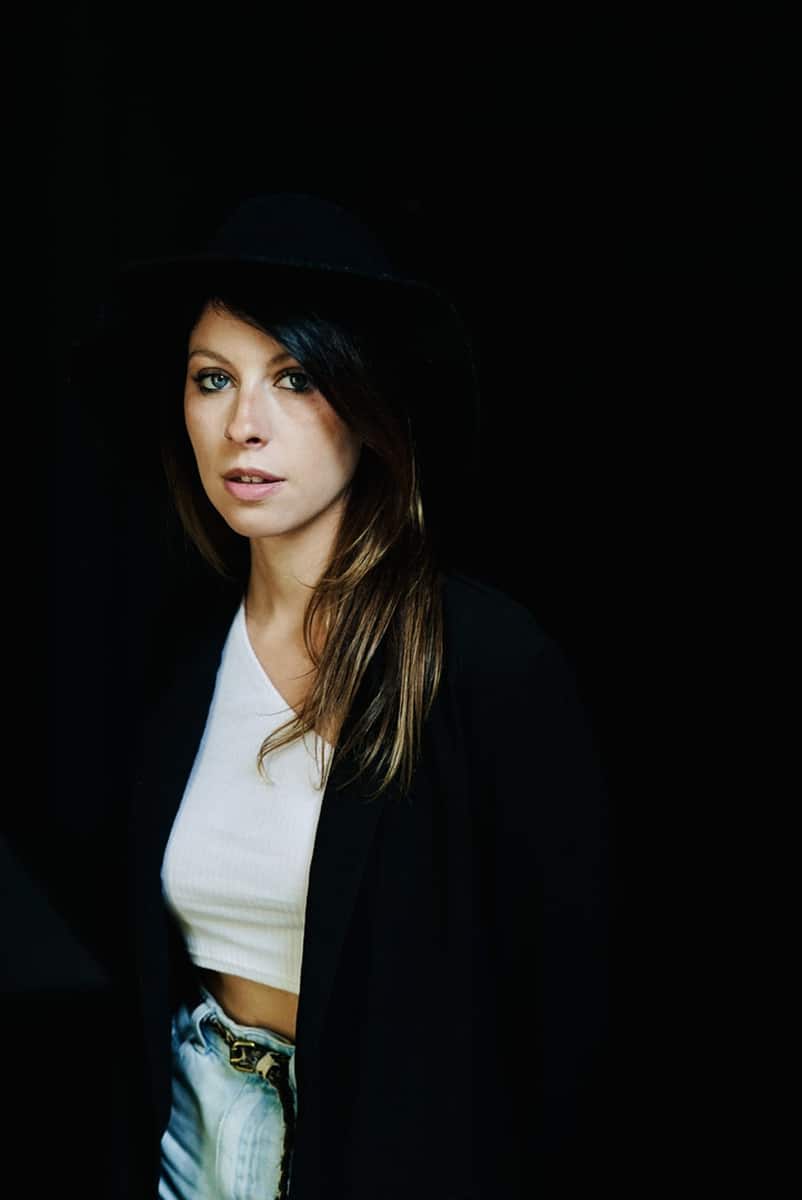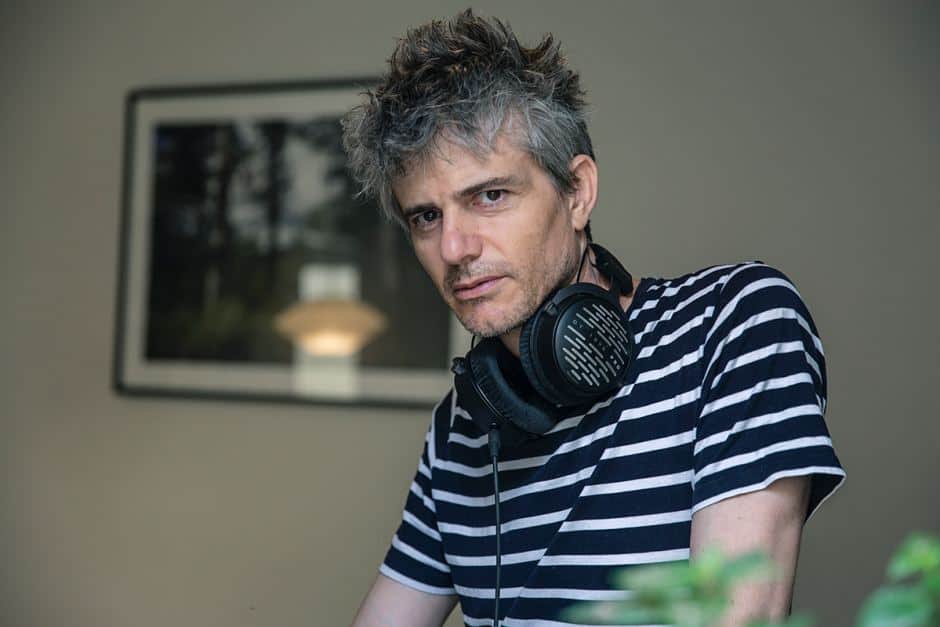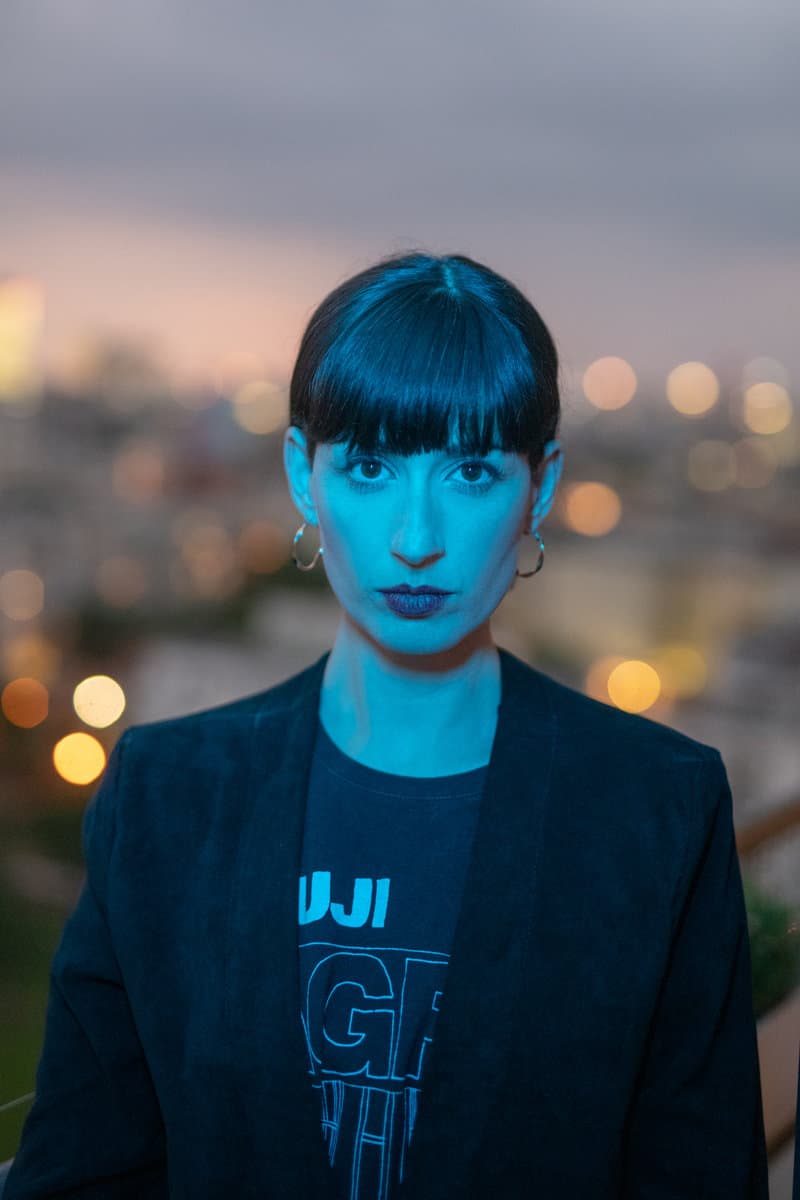
While 2020 has interfered with many film composers’ work, it hasn’t slowed down Holly Amber Church. The prolific composer recently had a few films release, with several more on the horizon. We sat down to talk about a few of these, her general composing process, and the weird samples that help give her scores a unique sound. As always, this is just a snippet of the interview: head over to Spotify, Apple Podcasts, YouTube, or my own site to hear the whole thing!
Church is most known for her work in horror, which is where we started our conversation. Her big break in horror came on a whim when she emailed the producer of Rites of Spring (directed by Padraig Reynolds) to express her interest in composing the score. This landed her an unlikely meeting with Reynolds and the producer, securing her position as composer. Since then, she’s become a stalwart in horror and has worked with Reynolds three more times. Church followed up by saying “I think had he passed on me then I don’t know that I would have gone in this horror direction . . . I always have to credit him with my career.” Church had spent a decade beforehand working full time and composing at night, trying to make an opportunity like that happen. It made me appreciate how uncertain and difficult the journey could be, something I’d never really thought about previously.
Church’s Approach to Composing
We then moved to Church’s composition process. Rather than dive deeply into a single film, we broadly discussed several. This gave a better insight into her process and how differently she approaches each film. First we discussed how she handles writing themes. For instance, in Church’s latest film Open 24 Hours, she felt that it was imperative to have a theme for the main character “Mary” in order to more fully express her sense of guilt and melancholy. But this was the film’s only theme; the rest of the music simply worked to “highlight[] the drama and the picture.” Meanwhile, for Ruin Me Church channeled some 80s horror film norms and created themes for multiple characters, locations, and states of mind that morph and blend into one another as the film progresses.
The approach to each film is drastically different, depending on both what Church feels is most fitting and what the director wants. It makes sense, but it does take away some of the viewer’s or listener’s romanticism with film music: first and foremost it’s functional, built to amplify what’s on screen. Everything else is a bonus.
How Church Creates Bizarre Sounds
Church then clued me into a secret ingredient for some of her scores: absolutely bizarre “instruments.” On her score to ClownTown, Church used balloons to record “weird” sounds by “stretching them, hitting them, [and] rolling things on them.” She then turned these into percussive elements and distinct sounds for the clowns. Similarly, one of the most distinct images of Open 24 Hours is the titular glowing, crackling neon sign. So Church recorded sounds of neon, electricity, and fluorescent lights, manipulated them, and used them throughout the score. Personally, I love this approach and the novel sounds that come out of it. We also share the same thought that “subconsciously it amplifies the atmosphere without [the viewer] realizing.”
Even when Church is creating these bespoke sounds she makes sure that her score doesn’t clash with the film’s sound design, something she picked up through her marriage to a sound designer. As a result, she gave this advice to young composers: “try to get the contact info for whoever’s doing the [film’s] sound and just talk to them.”
Taken together, it’s no surprise that Church has become one of the more prolific modern horror composers, with no sign of slowing down any time soon.
The above-mentioned films are available on VOD and her scores are available on all major streaming services. Read more about Holly Amber Church on her website. Listen to our conversation below:



